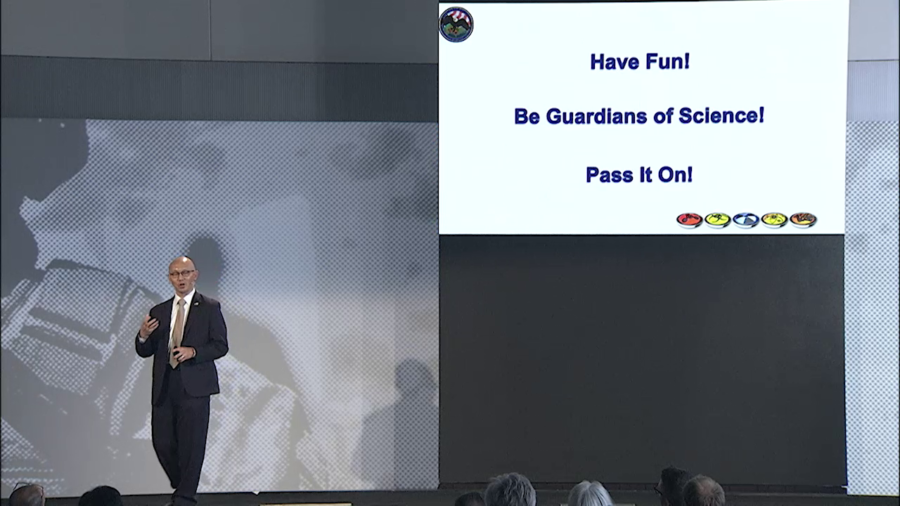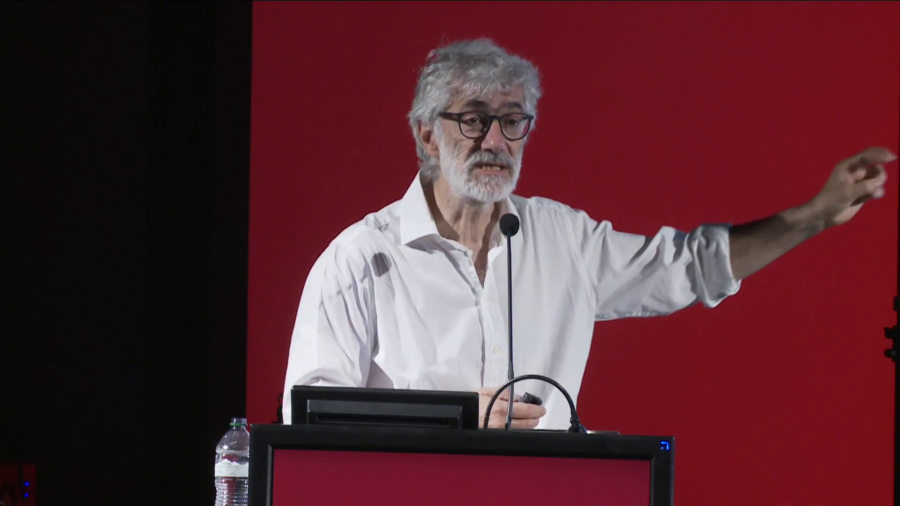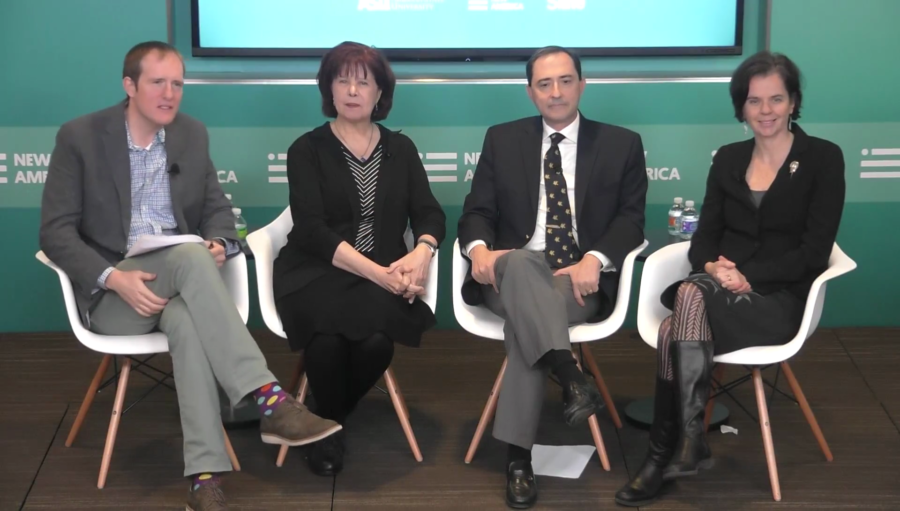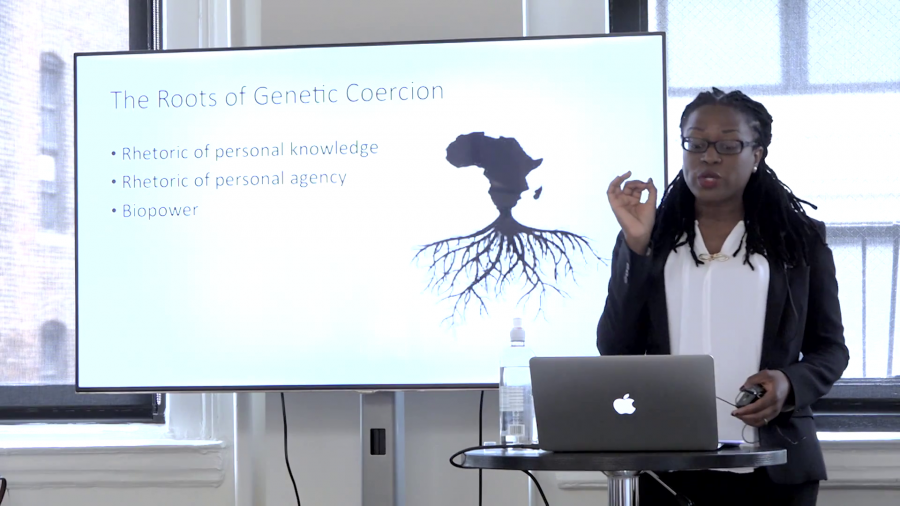New technologies open possibilities, and close other possibilities. We live in eco-technical niches as anybody else in the world, but we create our niches and we change them. So we adapt to the niches that we already have built in the past, and then we change them and create new niches in which we will adapt. But the changing is exactly what we need to understand.
Archive

What I’m trying articulate here is that there is a really fine balance between how do you spur and invigorate innovation, and then also address security at the same time. Because one cannot drown out the other. Because you’re going to have all kinds of issues.
One of the most important insights that I’ve gotten in working with biologists and ecologists is that today it’s actually not really known on a scientific basis how well different conservation interventions will work. And it’s because we just don’t have a lot of data.




